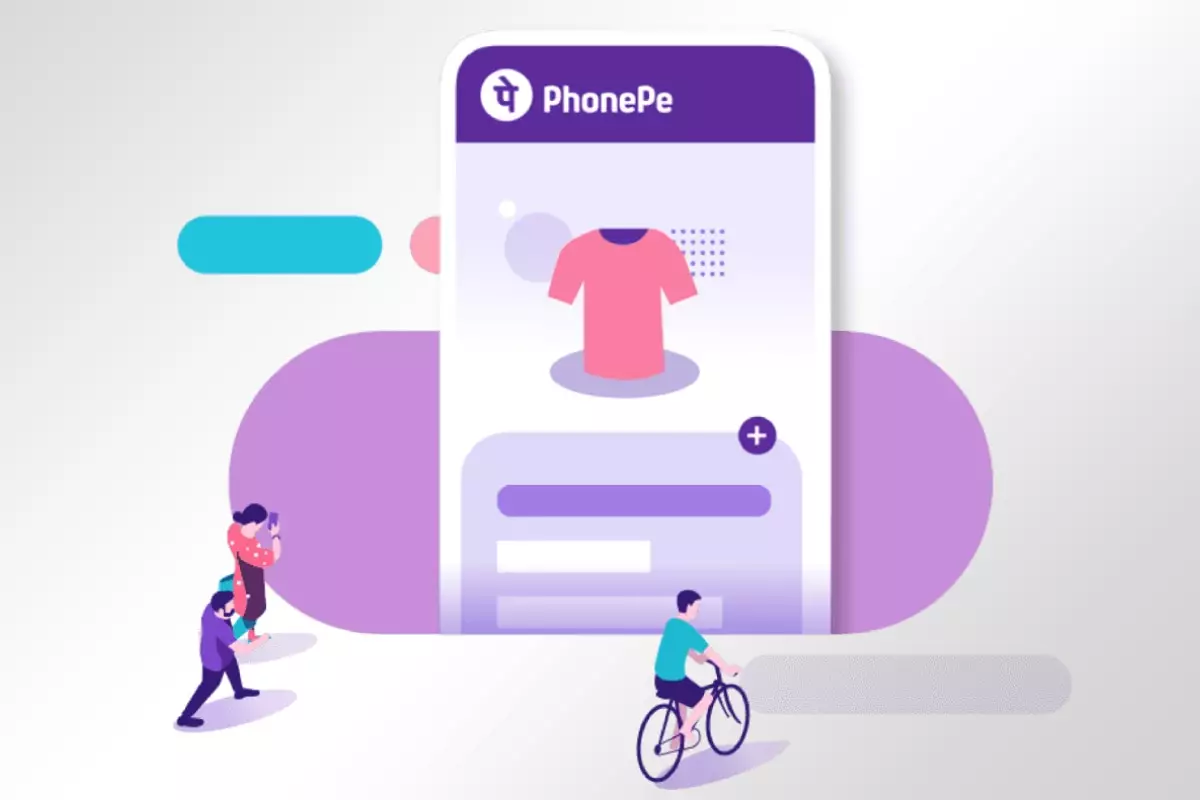The financial landscape in India is undergoing a seismic shift, courtesy of innovative platforms, and one of the most noteworthy advancements is the newly launched PhonePe UPI Circle. This feature is not merely a technical enhancement—it embodies a radical approach to how individuals can manage money in a community-centric manner. By allowing a primary user to authorize secondary users, including family and friends, to make transactions without needing their own bank account, PhonePe has taken noteworthy strides towards democratizing financial access in the country.
What makes UPI Circle so compelling is not just its functionality, but its power to revolutionize the user experience in digital finance. It leverages the Unified Payments Interface (UPI), a system developed by the National Payments Corporation of India (NPCI), to engage users in a way that prioritizes both convenience and security. The ability to create a circle where individual members can transact based on the trust established through their relationships adds a layer of social accountability to online financial activity.
Navigating the Balance of Control and Autonomy
One striking aspect of UPI Circle is the dual mode of delegation offered to primary users, striking a nuanced balance between control and autonomy. The Partial Delegation mode introduces a check-and-balance system, wherein every transaction initiated by a secondary user must receive explicit authorization from the primary account holder. This innovative feature not only fosters trust between users but also minimizes the risk associated with unauthorized spending—a major concern in financial technologies today.
Alternatively, the Full Delegation mode presents a more relaxed framework, allowing primary users to set a monthly spending limit up to Rs. 15,000 for each secondary user. While it may appear as a leap into financial independence for the secondary users, it largely keeps control firmly within the hands of the primary user. However, this poses a potential pitfall: it could encourage reckless spending behaviors if users aren’t monitored closely enough, raising questions about the long-term implications of such liberated spending. Can trust alone safeguard financial decisions in our ever-evolving digital economy?
Inclusivity: A Double-Edged Sword
Inclusivity has been heralded as a cornerstone of many modern economic initiatives, and PhonePe UPI Circle is no exception. It has the potential to bring financial participation to those who previously struggled to access banking services—particularly the unbanked community. However, this inclusivity carries an ironic tension; it also highlights the systemic issues surrounding financial literacy in our society. By enabling transactions for those without a bank account, PhonePe risks inadvertently assuming that all users possess the adequate financial knowledge required to navigate their newfound spending capabilities.
Could this feature potentially flood the market with financially vulnerable individuals, stepping into uncharted territory with little understanding of their newly acquired power? The onus then lies on primary users not just to authorize transactions, but also to educate secondary users on responsible spending.
Future Outlook: Competitive Landscape and Market Evolution
As PhonePe’s UPI Circle gains momentum, Google Pay is trailing closely behind. The intense competition among these financial services is a microcosm of the larger dynamics at play in the Indian digital payments arena. With Google Pay announcing its support for the feature, but still yet to roll it out widely, it raises the question: who will get the upper hand in this race for market dominance?
The race isn’t just about who can create the flashiest features; it’s also about who can forge deeper commitments to consumer education and responsible spending. And therein lies a key opportunity: the players who understand the implications of usability intertwined with ethics will likely thrive. As the marketplace matures, understanding that financial services are not merely transactional but are also deeply personal will become more paramount.
Thus, PhonePe UPI Circle doesn’t just represent a technological breakthrough; it encapsulates a unique moment in the narrative of India’s digital finance. It challenges us to rethink the way we engage with money, transforming not just our wallets but also our relationships. As we embrace these changes, a critical reflection on their implications will be as essential as the innovations themselves.

